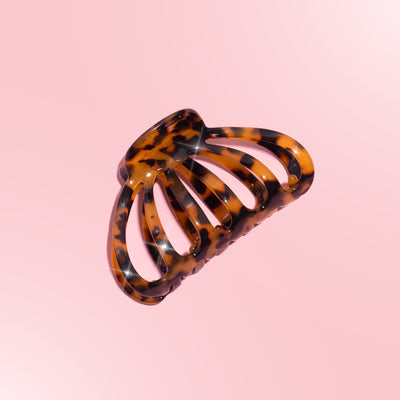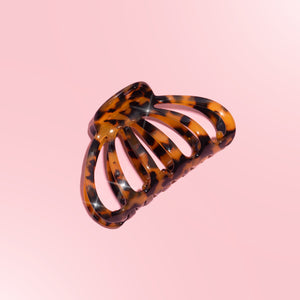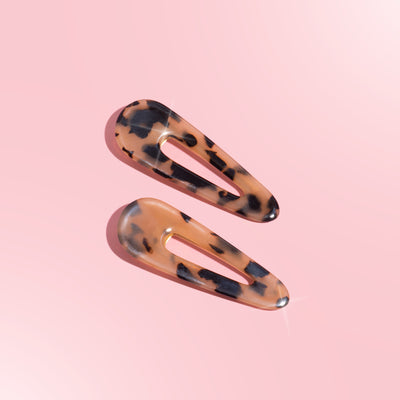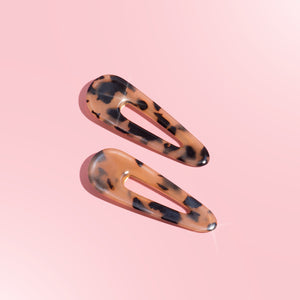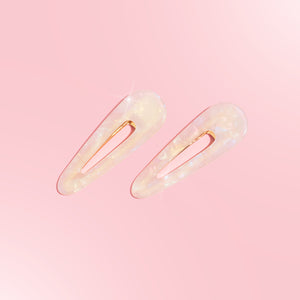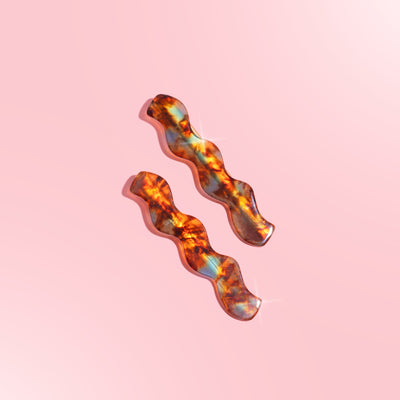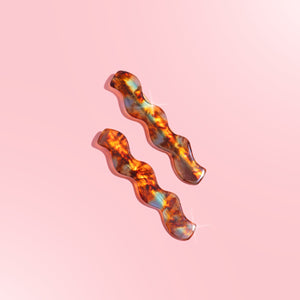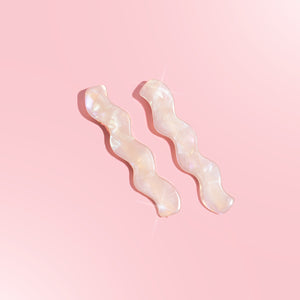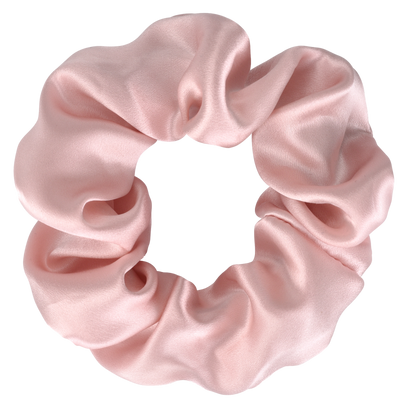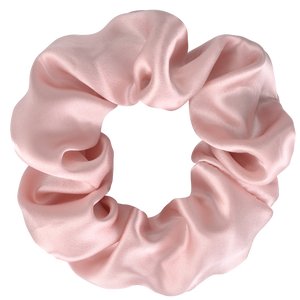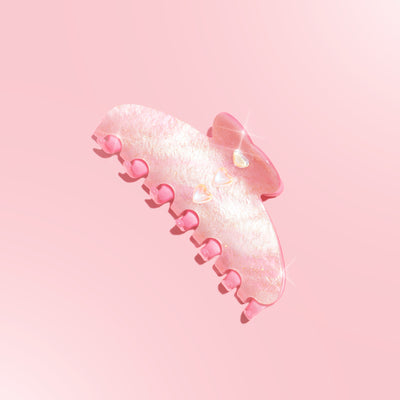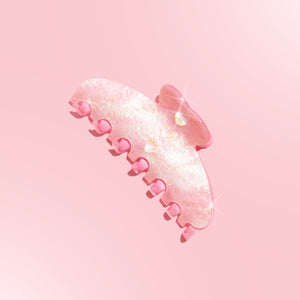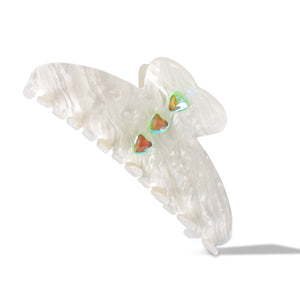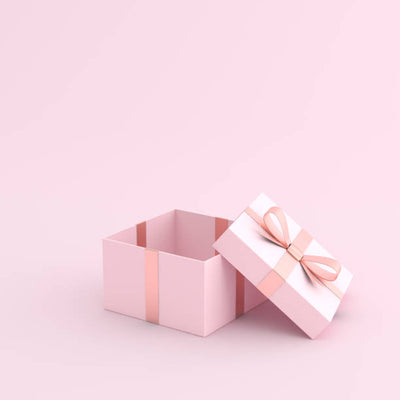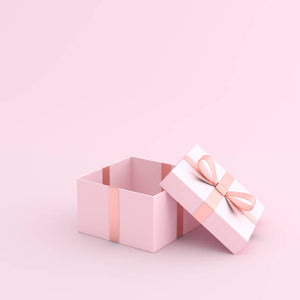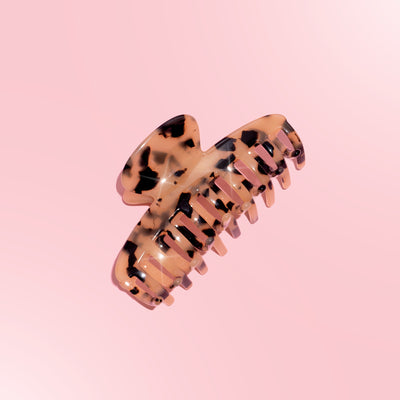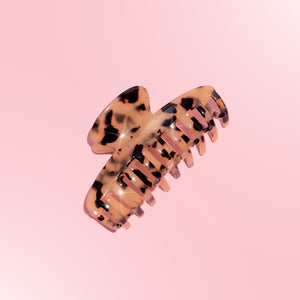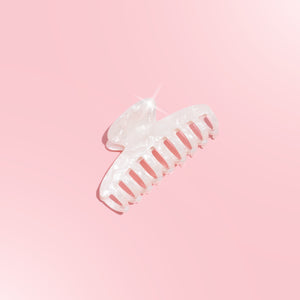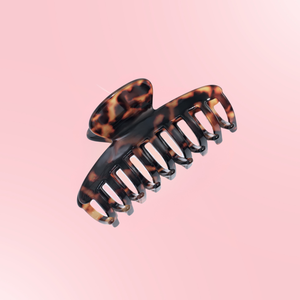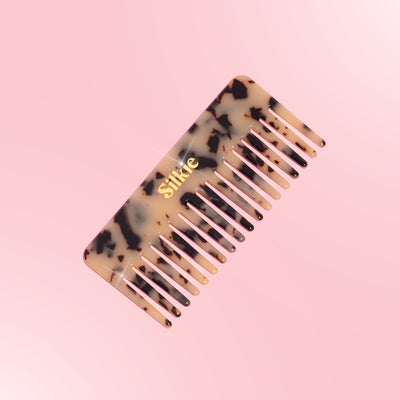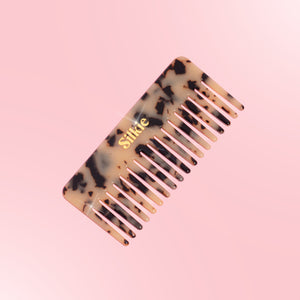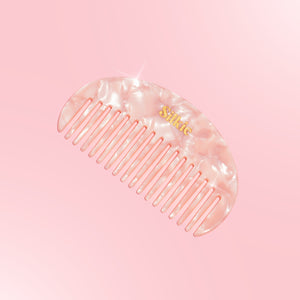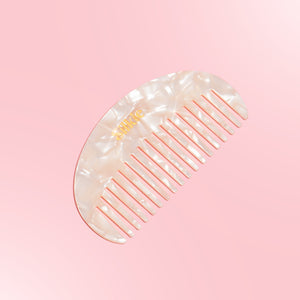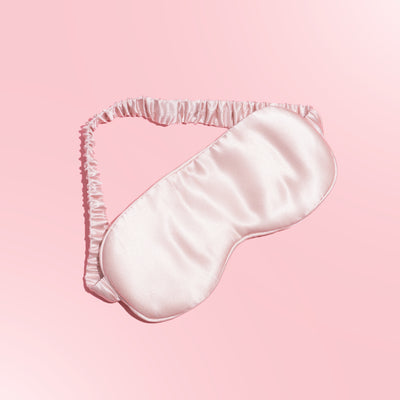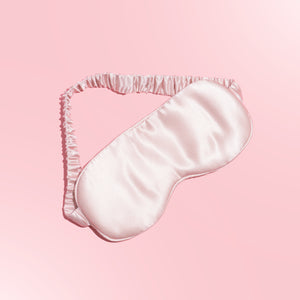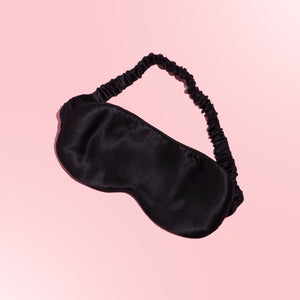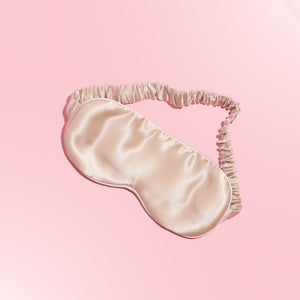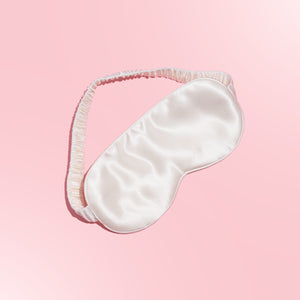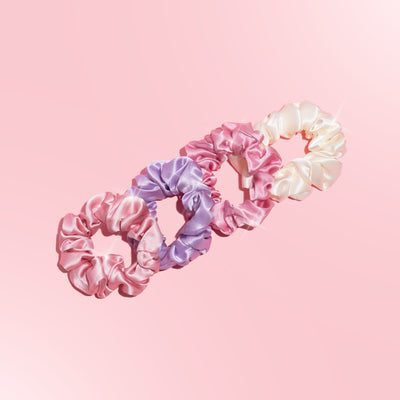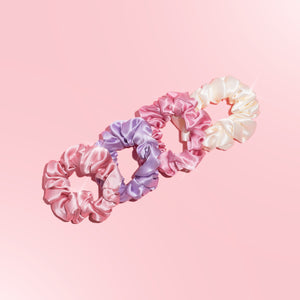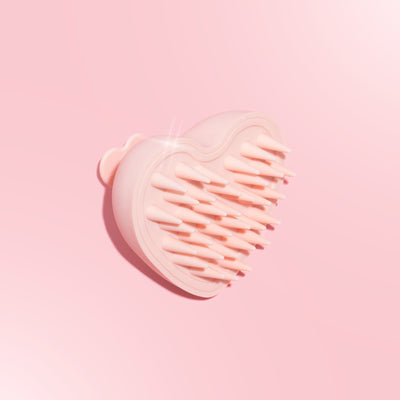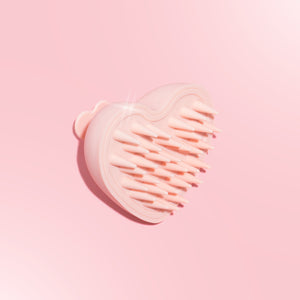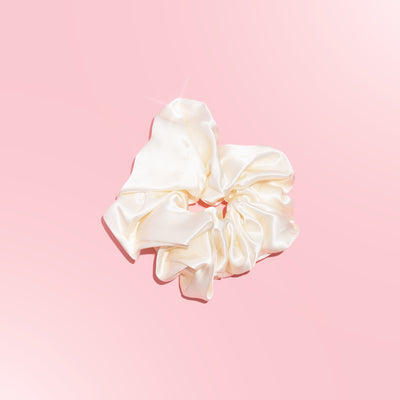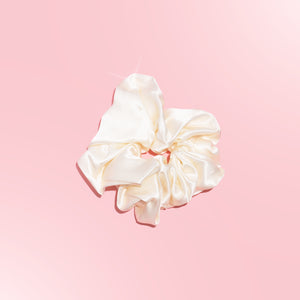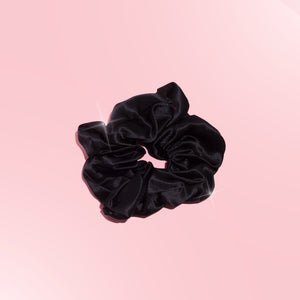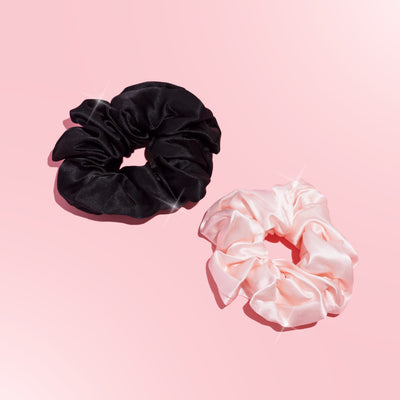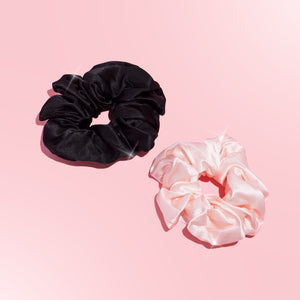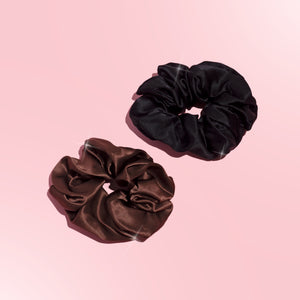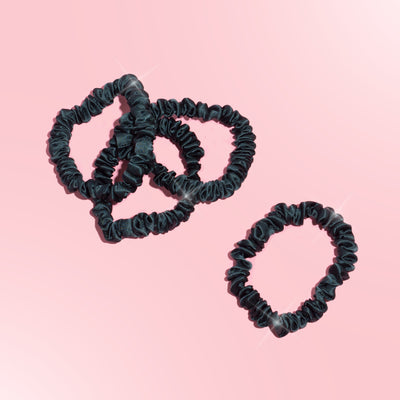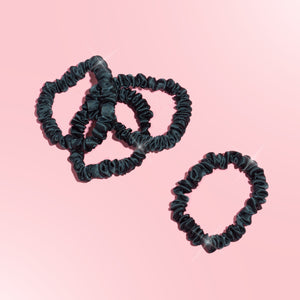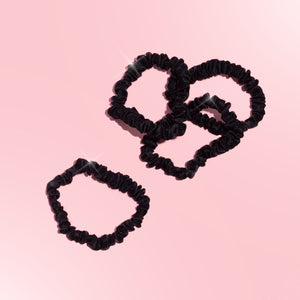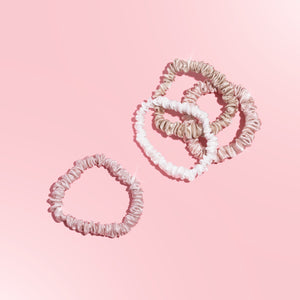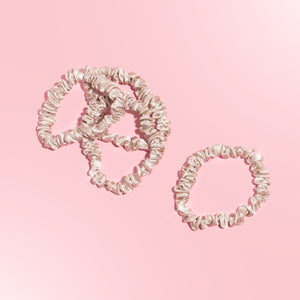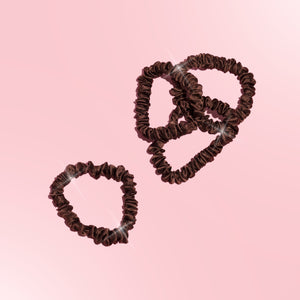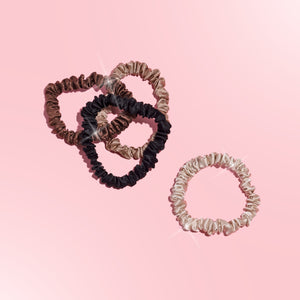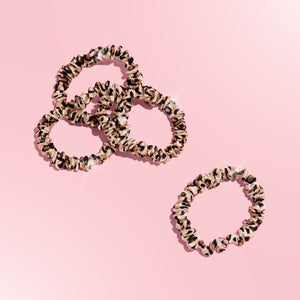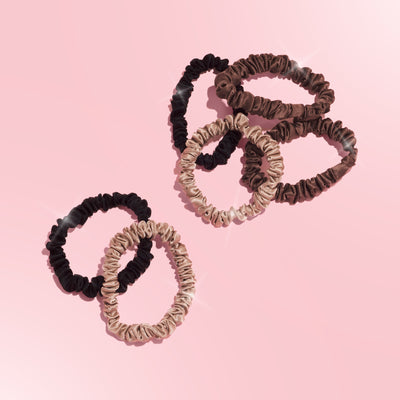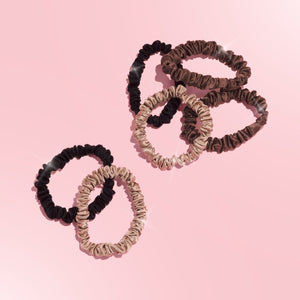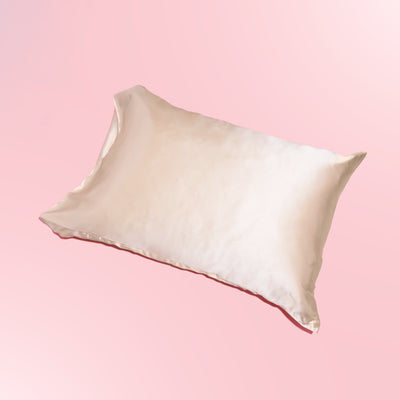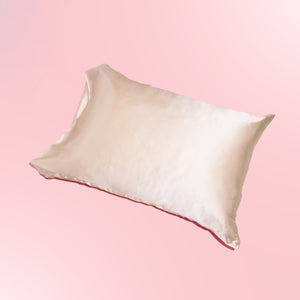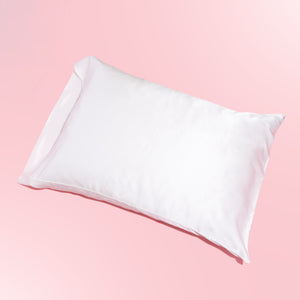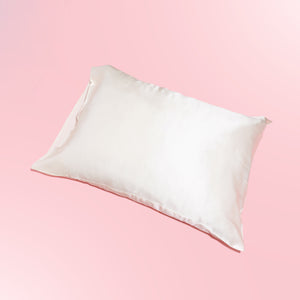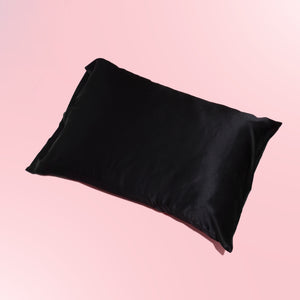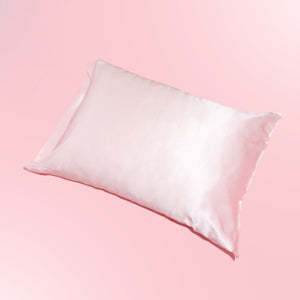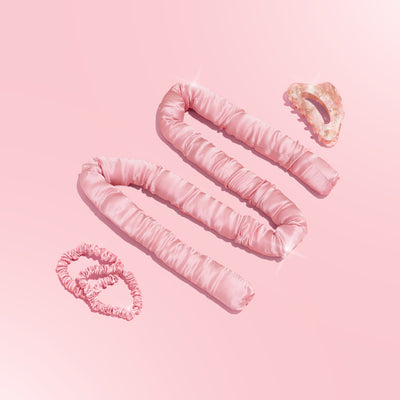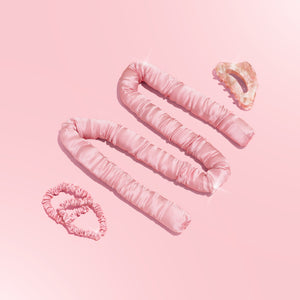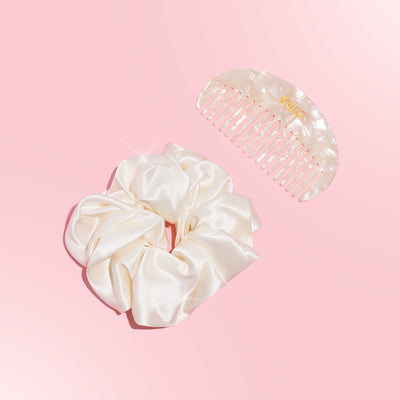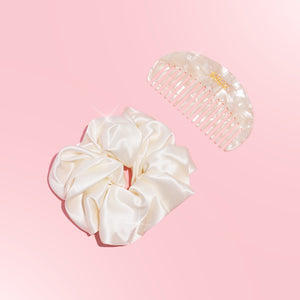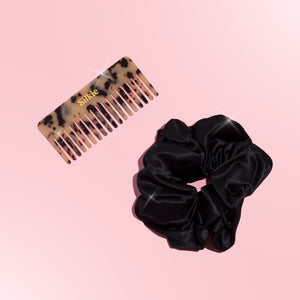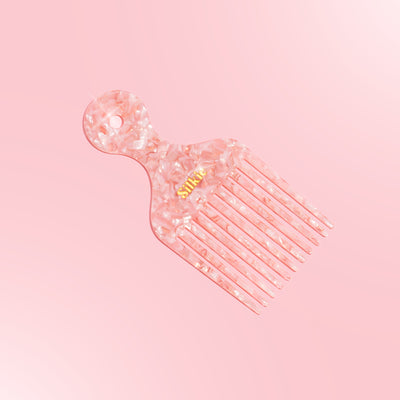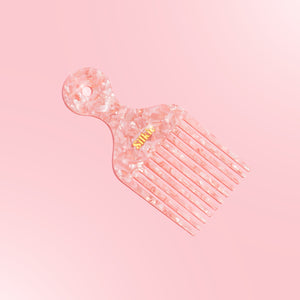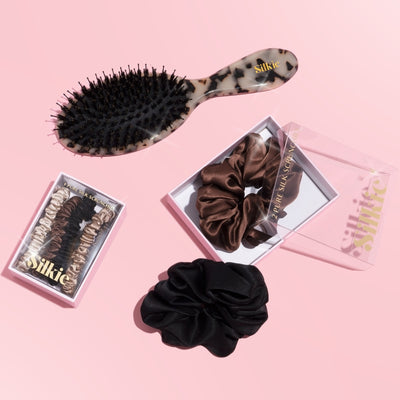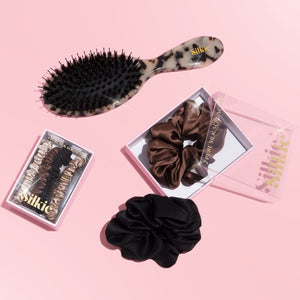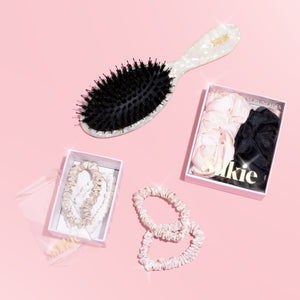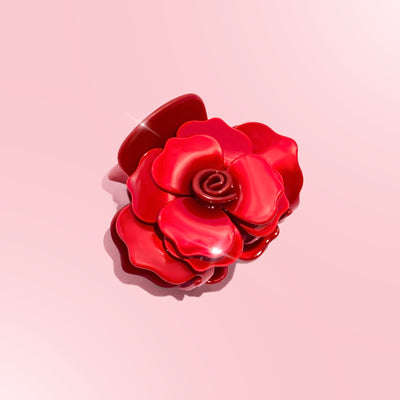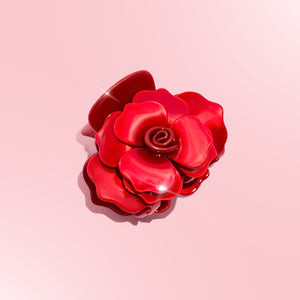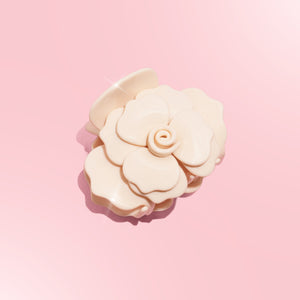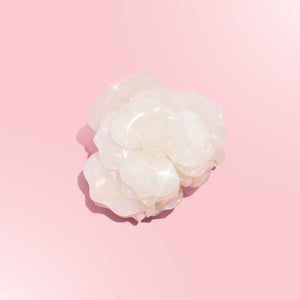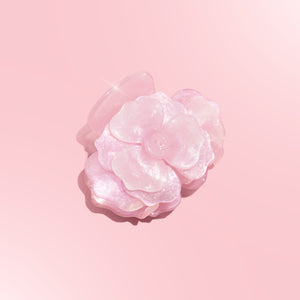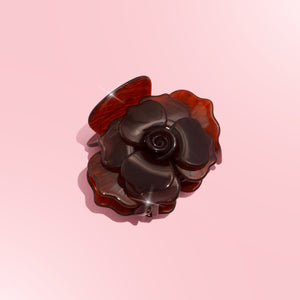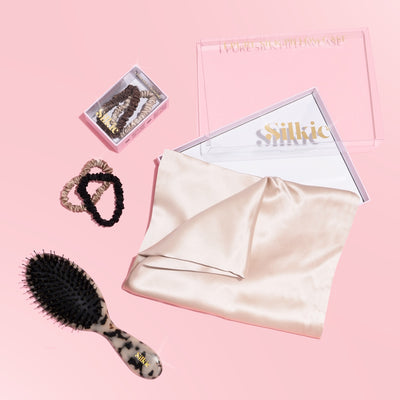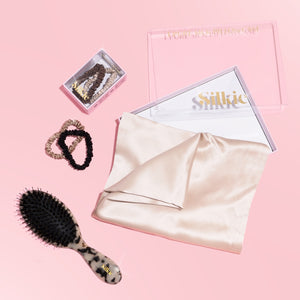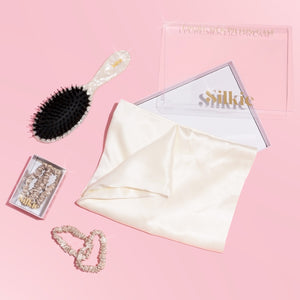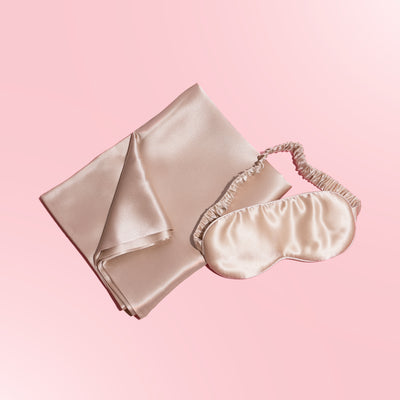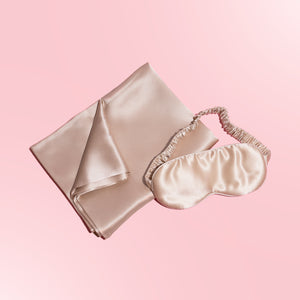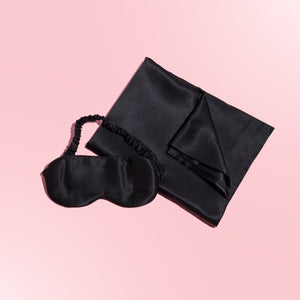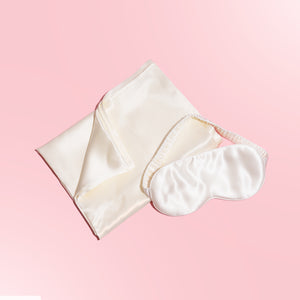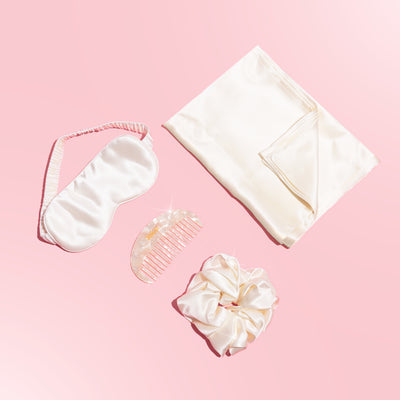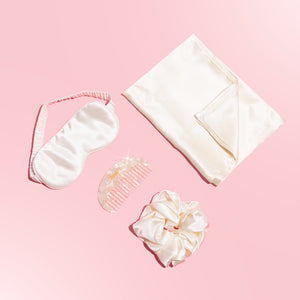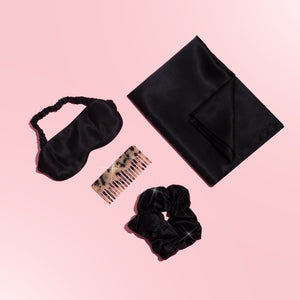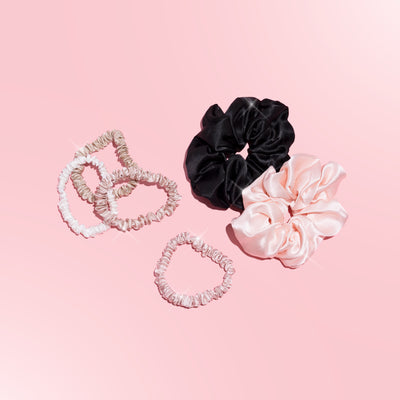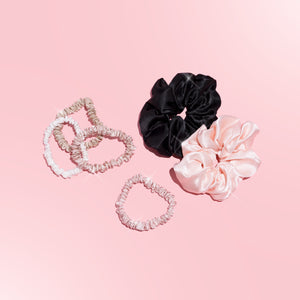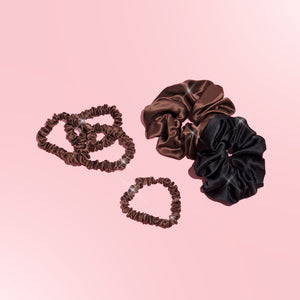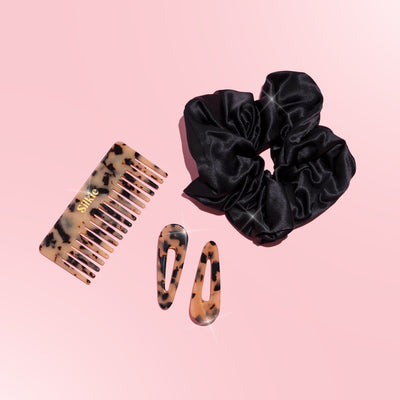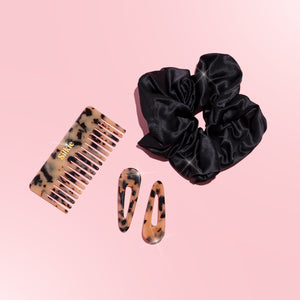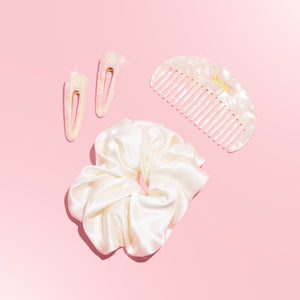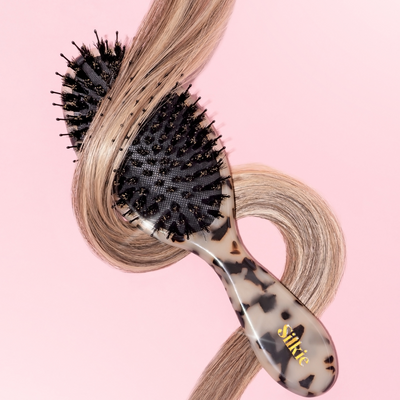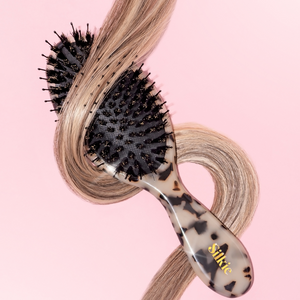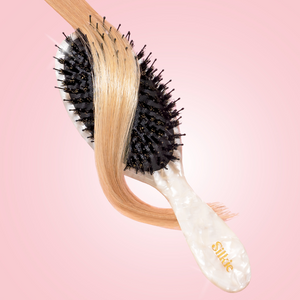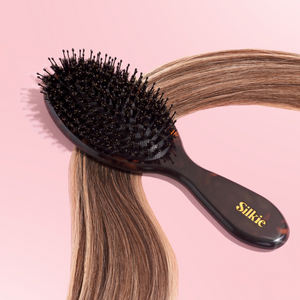We often think of blue light as just the thing that keeps us scrolling late into the night. But what if I told you that all that screen time could be sneaking into your beauty routine too — affecting your hair more than you realize?
According to dermatological studies, blue light exposure doesn't just mess with your sleep. It can disrupt the delicate balance of hormones that support healthy hair growth, too.
Let’s break it down.
What is Blue Light Anyway?
Blue light is part of the visible light spectrum and comes from natural sunlight. However, the biggest surge of blue light in our modern lives? It’s from digital screens like your phone, laptop, tablet, and even some indoor lighting.
While a little blue light during the day is natural, constant exposure can throw off your body’s circadian rhythm. And this has everything to do with your hair.
How Blue Light Disrupts Hair Growth Hormones
Your hair isn’t growing in isolation.
It’s influenced by your entire hormonal system — including melatonin, cortisol, and other growth-related hormones.
When you’re bombarded by blue light, especially at night, your melatonin production can dip. Melatonin isn’t just your sleep hormone; it also plays a direct role in regulating hair follicles and supporting their growth cycles.
At the same time, blue light overstimulation can raise cortisol levels. Higher cortisol (your body's stress hormone) is known to trigger increased hair shedding and can even push hair follicles into a "resting" phase, meaning less new growth over time.
Bottom line?
Too much blue light might not only leave you feeling restless — it can leave your hair stressed out, too.
Signs Blue Light Could Be Affecting Your Hair
-
Increased shedding without a clear cause
-
Noticeable thinning near the temples or crown
-
Slower hair growth
-
Hair looking more brittle or lackluster
Of course, other factors could be at play (nutrition, genetics, postpartum changes).
But if you’re glued to screens all day and night, it’s worth considering blue light as part of the picture.
How to Protect Your Hair (and Hormones)
Here’s the good news — you don’t have to ditch technology to defend your strands.
Start with small shifts:
-
Use blue light filters on your devices after sunset
-
Wear blue light blocking glasses while working
-
Prioritize good sleep hygiene by keeping screens out of your bedroom
-
Give your body (and hair) real nighttime recovery time by winding down with calming rituals
One of my favorite ways to support hair health overnight? Sleeping on a Silkie silk pillowcase.
It minimizes friction, reduces moisture loss, and lets your hair — and your hormones — recover properly while you sleep.
If you haven’t tried one yet, trust me, your hair will thank you.
You can browse the ultra-luxurious collection at www.shopsilkie.com.
The Future of Hair Health Starts with Awareness
Our beauty routines are becoming smarter — and understanding the subtle things that impact hair health is part of it.
Blue light might seem invisible, but its effects are real.
By protecting your sleep, nurturing your hormones, and choosing gentle tools like Silkie products, you’re setting your hair up for stronger, more radiant growth.
Because beauty is about more than products. It’s about how you live.
Let’s live — and glow — wisely.
Ready to upgrade your nighttime haircare?
Visit www.shopsilkie.com and start your Silkie journey today.
